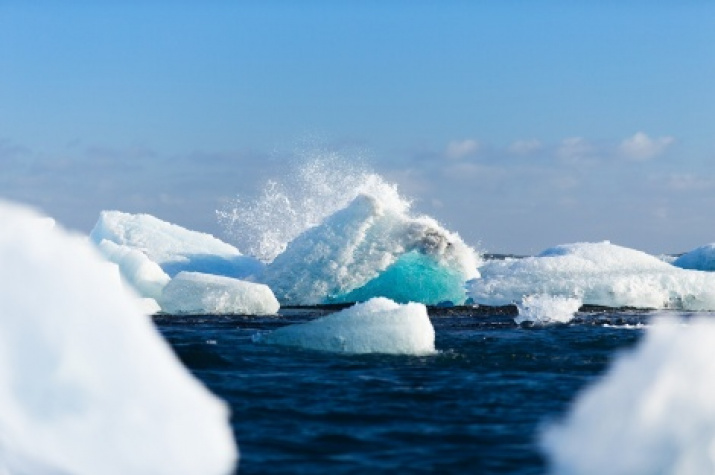In September 1904, after a two-year journey, the British National Antarctic Expedition, generally known as the Discovery Expedition, a joint venture between the Royal Geographical Society and the Royal Society of London, was over. The expedition carried out scientific research and geographical exploration and its achievements included the discovery of King Edward VII Land, a part of the Antarctic land. The expedition also studied the nature of the Ross Ice Shelf and carried out the world's first development surveys of the coastal mountain range, the part of the Transantarctic Mountains.
The expedition was headed by captain of the Royal Navy of Great Britain, polar explorer Robert Falcon Scott (1868-1912). The opportunity to head the expedition gave Scott a chance to make an outstanding career and a significant contribution to the development of geographical science of the XX century. For the results of the Discovery Expedition, the researcher was awarded gold medals of geographical societies of several countries. Thus, on February 11, 1905, Scott became an honorary member of the Russian Geographical Society.
The expedition to the South Pole has linked the researcher’s name inextricably to Antarctica. And the researcher devoted the twelve last years of his life to it. So, in 1910 the second expedition to the shores of Antarctica, Terra Nova, started under his leadership. January 17, 1912, the explorer together with four participants reached the South Pole. However, later it became known that the Norwegian expedition of Roald Amundsen reached the Pole only a few weeks before Terra Nova.
Given Scott’s contribution to the development of science and geography, upon his return he was supposed to be given a knighthood. But this was not to happen, because at the end of March 1912, the researcher and his comrades died of cold, hunger and physical exhaustion. Today, on Observation Hill, overlooking Hut Point, there is a large wooden cross, inscribed with the names of the lost party and Tennyson’ line from his poem "Ulysses": "To strive, to seek, to find, and not to yield".
To this day, Robert Scott's achievements are of great scientific value, and his name is immortalized in granite, literature and geographical names.

